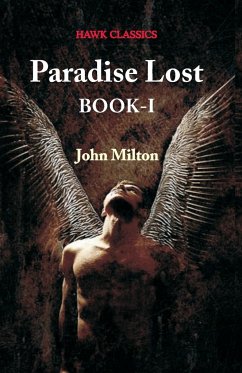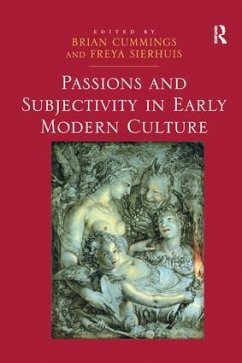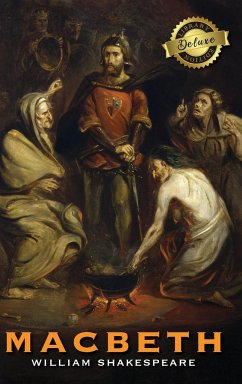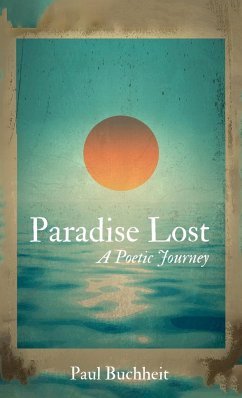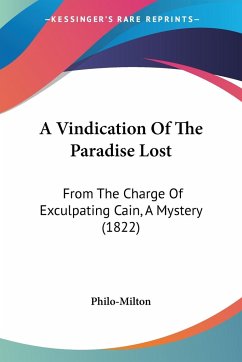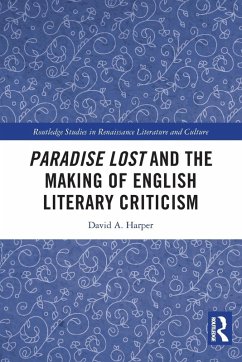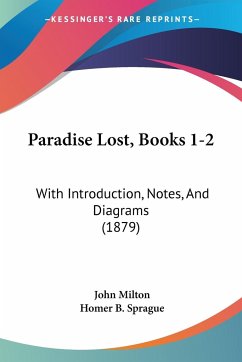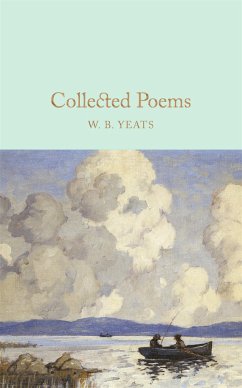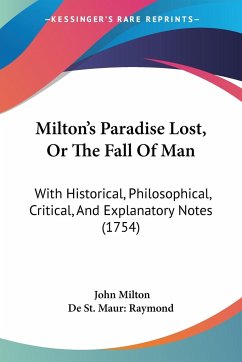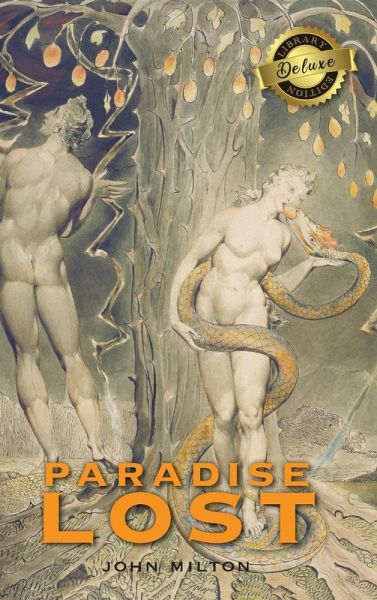
Paradise Lost (Deluxe Library Edition)
Versandkostenfrei!
Sofort lieferbar
31,99 €
inkl. MwSt.

PAYBACK Punkte
16 °P sammeln!
Paradise Lost concerns the biblical story of the Fall of Man. The epic poem follows two narrative arcs, one about Satan and the other following Adam and Eve. It begins after Satan and the other rebel angels have been defeated and banished to Hell. The narrative follows the temptation of Adam and Eve by Satan and their expulsion from the Garden of Eden. After losing the total freedom and power to rule over all creation, Archangel Michael gives Adam a glimpse at Mankind's potential redemption from original sin. Paradise Lost is an epic poem by the 17th-century English poet John Milton. Milton's ...
Paradise Lost concerns the biblical story of the Fall of Man. The epic poem follows two narrative arcs, one about Satan and the other following Adam and Eve. It begins after Satan and the other rebel angels have been defeated and banished to Hell. The narrative follows the temptation of Adam and Eve by Satan and their expulsion from the Garden of Eden. After losing the total freedom and power to rule over all creation, Archangel Michael gives Adam a glimpse at Mankind's potential redemption from original sin. Paradise Lost is an epic poem by the 17th-century English poet John Milton. Milton's 17th-century contemporaries by and large criticised his ideas and considered him as a radical, mostly because of his views on politics and religion. Milton also revolted against the idea of a monarch ruling by divine right, viewing the practice as idolatrous. Paradise Lost is considered by critics to be Milton's major work, and it helped solidify his reputation as one of the greatest English poets of his time.



